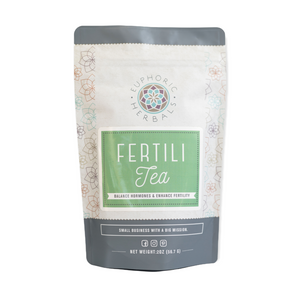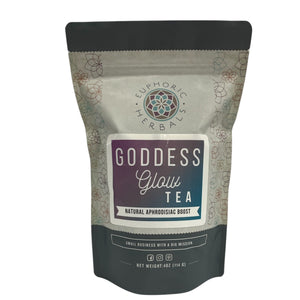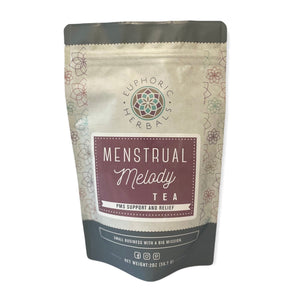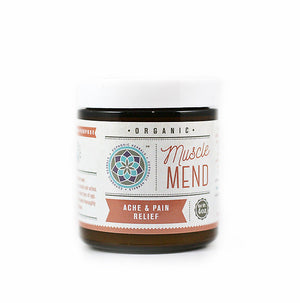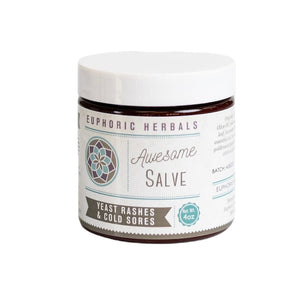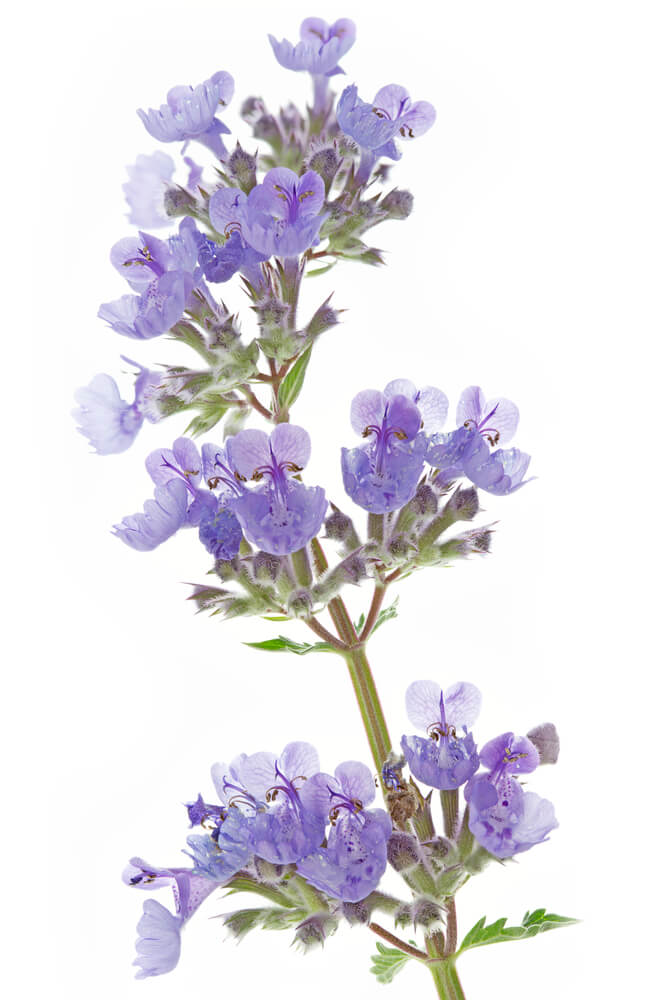Catnip is an herb most often associated with the euphoric effect it can have on cats, but it also has many benefits for humans. It is not just for cats. 🐱
Though it's perhaps most famous for causing comical cat reactions, catnip has been used medicinally at least as far back as the ancient Romans.
The Native Americans also used this herb for many different purposes, and it remains firmly a part of herbal medicine today.
Here's more about what catnip is, the benefits of catnip, and how to use it.
What Is Catnip?
Also known as catmint, catnip (Nepeta cataria) belongs to the mint family.
Catnip is originally native to Central Europe and parts of Asia but now grows in many parts of the world, including the United States and Canada. It's thought that it was first brought to America in the 18th century by settlers who brought cuttings with them. (1)
Like other mints, catnip is an easy plant to grow in pots or a garden.
The leaves and stems of the herb contain a potent compound called nepetalactone. This volatile oil is what attracts cats to the plant and triggers certain behaviors like purring, rolling, and vocalizations. (2)
Nepetalactone along with other active compounds found in catnip can also be highly beneficial for humans.
Benefits of Catnip for Sleep

One of the most traditional uses for catnip is as a sleep aid.
The nepetalactone found in catnip is very similar to the major active compounds called valepotriates found in another popular sleep herb: valerian. It has a sedative effect on humans and can help with insomnia. (3)
The calming and gentle nature of catnip makes it a good remedy for children who are having trouble sleeping. It can also help relax tension that is causing a headache.
Interestingly, although catnip can make cats go crazy when they play with it, the herb will have a sedative effect on them as well if they ingest it.
To help with sleep and restlessness at night, try taking catnip as part of this Sweet Slumber Tea blend.
Stress Relief and Anxiety
The calming and sedative-like effects of catnip give it many benefits for relieving stress and anxiety.
In fact, it has been recommended for many years by herbalists to treat nervous disorders and is often an ingredient in herbal relaxation teas.
Catnip promotes relaxation and can be beneficial for chronic stress and anxiety as well as supporting overall mental health. (4)
It also makes a good herbal nervine for children and may help to calm hyperactivity. (5)
Cough, Cold, and Fever Remedy
Another traditional medicinal use for catnip is using it to help with symptoms of colds and other illnesses.
Along with other herbs like licorice root and mullein, catnip is often used as a natural cough and sore throat remedy. It has been found in studies to have antispasmodic and bronchodilatory properties that naturally soothe coughs and can even help with asthma. (6)(7)
Catnip is also a diaphoretic herb. Diaphoretics are used to help the body sweat out a fever by inducing perspiration and helping the body to get rid of the infection more quickly. (8)
For coughs, colds, and sore throats, try taking catnip in this Respiratory Relief tea blend. For fever, make a tea with catnip and other herbs like peppermint and yarrow and drink continuously throughout the day.
Benefits of Catnip for Digestion

The antispasmodic properties of catnip give it benefits for calming indigestion and cramps.
It also acts as a carminative, meaning it relieves gas, and can help with constipation and bloating. The anti-inflammatory properties of catnip calm inflammation in the digestive system and help with pain.
An infusion of catnip can be used externally on the stomach of babies to relieve colic, while a tea can help adults with upset stomach and women with morning sickness. (9)
Anti-Inflammatory and Pain Relief
The anti-inflammatory properties of catnip make it useful for calming internal and external inflammation as well as helping with pain.
Traditionally, catnip has been used for a wide range of painful issues including arthritis, gout, headaches, and aching muscles. (9)
Catnip tea can help relieve painful menstrual cramps, headaches, and gastrointestinal pain. It can also be used externally as an infusion or in a bath for aches and sore muscles.
Catnip is one of the key herbs in this Afterbirth Ease Tea formulated to help with pain and cramps from uterine contractions postpartum.
Benefits of Catnip for Skin
Along with its calming and anti-inflammatory compounds, catnip also antiseptic properties that make it useful for treating skin infections and speeding the healing of minor wounds and cuts. (10)
Catnip can be used externally as a salve or extract for skin problems but has also traditionally been prescribed by herbalists in tea form for hives.
Using Catnip for Your Health
One of the easiest ways to use catnip for a variety of health benefits is as a tea:
- Pour 1 cup of boiling water over 1-2 teaspoons of dried catnip leaves.
- Allow the tea to steep for 10-15 minutes before straining out the herbs and drinking.
- If you find you don't like the taste of catnip on its own, try combining it with herbs like peppermint, lemon balm, or red raspberry leaf.
Catnip is also available as an extract and can be used externally in a salve or by adding an infusion of catnip to bath water.
Side Effects and Precautions
Generally, catnip is a very safe herb (for both cats and people).
Because of its mild sedative effect, catnip can cause drowsiness. It's best to try it first at night until you see how you react.
Uncommon side effects include allergic reactions, digestive upset, and headaches.
Catnip should not be taken by women with pelvic inflammatory disease or heavy menstrual cycles. The herb stimulates menstruation and can make either of these conditions worse.
Stop using catnip 2 weeks prior to any surgery, and talk to your doctor before using if you are taking any kind of medications or have a medical condition.
Have You Tried Catnip?
With benefits for humans as well as cats, catnip may be the next herb to try as a natural remedy.
You can drink catnip tea to help with sleep, to calm digestion, or to soothe a cough. The gentle nature of catnip makes it a good remedy for calming and soothing stress or tension in children as well.
Add some catnip to your garden or buy the dried herb to try it for yourself!
Disclaimer: This post is for informational purposes only. It does not constitute medical advice and should not be substituted for medical advice. Please consult your health care provider, herbalist, midwife, or naturopathic physician before taking herbs, supplements, etc. Here's the link to our full disclaimer.






















































